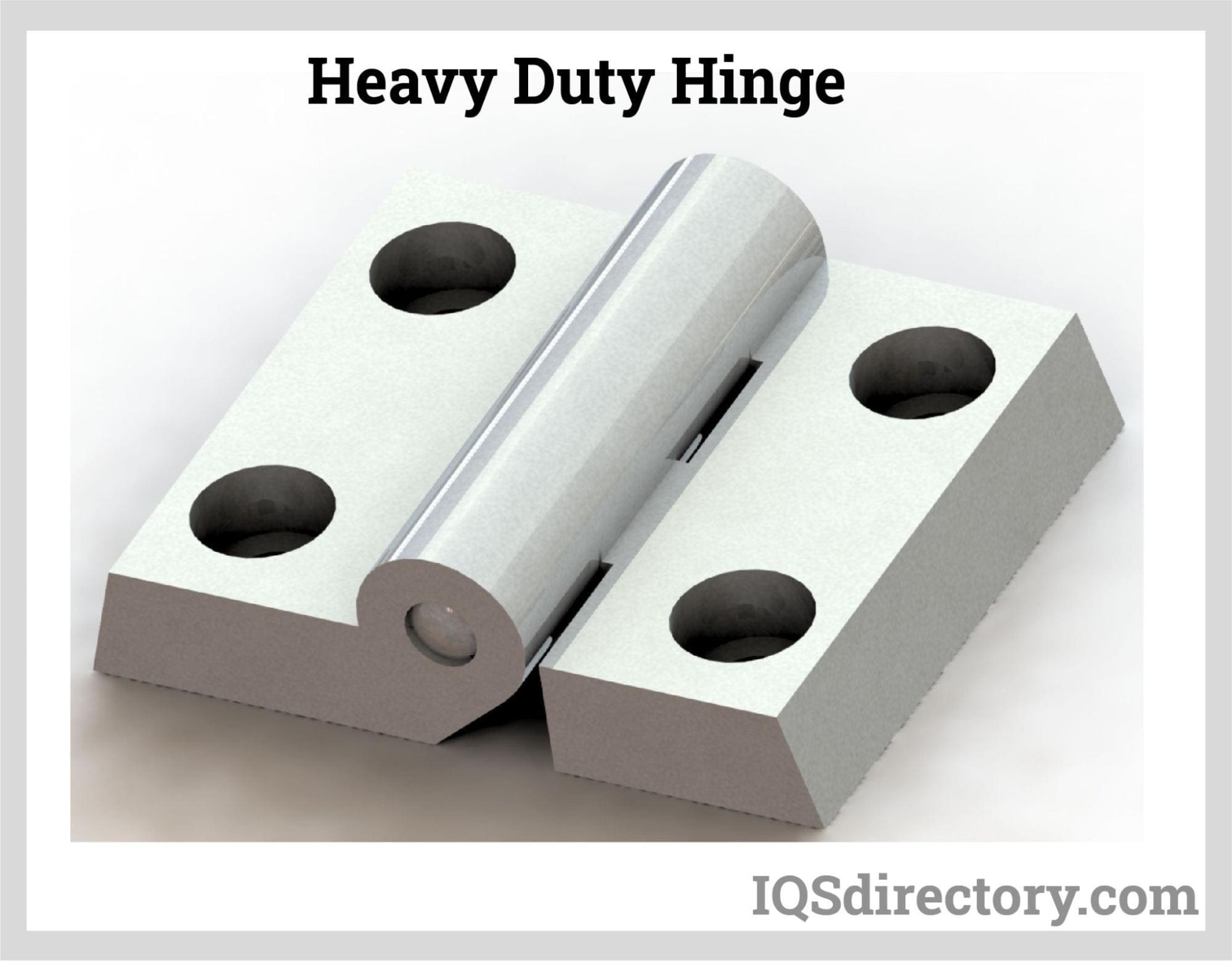When it comes to selecting the perfect hinge supplier, the decision can be more complex than it seems. Hinges play a crucial role in the functionality and durability of doors, cabinets, and various mechanical devices. Therefore, it’s essential to partner with a reliable supplier who can provide high-quality products, excellent customer service, and competitive pricing. In this blog, we’ll explore key factors to consider when choosing a hinge supplier to ensure you make the best choice for your project or business.
1. Product Quality
Quality is paramount when it comes to hinges. A well-manufactured hinge ensures smooth operation, longevity, and safety. When evaluating a hinge supplier, consider the following aspects:
- Material: Look for hinges made from durable materials such as stainless steel, brass, or high-grade aluminum. These materials resist corrosion and wear, ensuring a longer lifespan.
- Manufacturing Standards: Check if the supplier adheres to international manufacturing standards and certifications. This can be an indicator of their commitment to quality.
- Testing and Quality Control: Inquire about the supplier’s quality control processes. Reputable suppliers often conduct rigorous testing to ensure their products meet high standards.
2. Product Range
A diverse product range allows you to choose the best hinge for your specific needs. Whether you need heavy-duty industrial hinges or delicate cabinet hinges, a good supplier should offer a variety of options, including:
- Butt Hinges: Commonly used in doors and windows.
- Piano Hinges: Ideal for long, continuous support.
- Concealed Hinges: Perfect for achieving a sleek, modern look in cabinetry.
- Heavy-Duty Hinges: Designed for applications requiring robust support.
3. Customization Options
Every project is unique, and sometimes standard hinges may not meet your specific requirements. Look for a supplier who offers customization options. This could include bespoke sizes, finishes, and features tailored to your project’s needs.
4. Lead Time and Availability
Timely delivery is crucial, especially for large projects or tight deadlines. Ensure your supplier can provide realistic lead times and maintain adequate stock levels to meet your demands. Delays in receiving your hinges can impact your entire project timeline.
5. Pricing and Value for Money
While cost is an important factor, it shouldn’t be the sole deciding factor. Consider the overall value for money. A slightly higher upfront cost for superior quality hinges can save you money in the long run by reducing maintenance and replacement costs.
6. Customer Support and Service
Excellent customer service can make a significant difference in your purchasing experience. Evaluate the supplier’s responsiveness, willingness to provide technical support, and their ability to address any issues promptly. A supplier who values customer satisfaction will likely be a reliable long-term partner.
7. Reputation and Reviews
Research the supplier’s reputation within the industry. Look for reviews and testimonials from other customers. Positive feedback and a strong reputation can provide peace of mind that you’re making a wise choice.
8. Environmental and Ethical Considerations
In today’s world, environmental and ethical considerations are becoming increasingly important. Consider choosing a supplier who demonstrates a commitment to sustainable practices and ethical manufacturing processes. This not only benefits the environment but also enhances your brand’s reputation.



